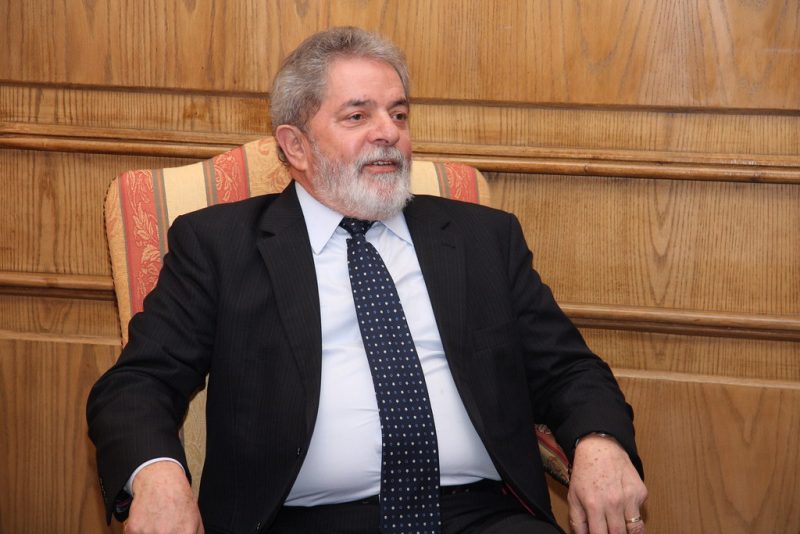On the first of July, former Brazilian president Jair Bolsonaro was banned from running for president until 2030 by the Brazilian Superior Electoral Court on the grounds of abuse of political power and misuse of the media during Bolsonaro’s presidency. When Bolsonaro lost the most recent presidential election, he refused to accept Luiz Inácio Lula da Silva’s win, instead inciting mistrust in the electoral system. Now, the former far-right president faces over 600 counts of wrongdoing, ranging from minor complaints to criminal charges.
The suit’s focus was Bolsonaro’s meeting with foreign ambassadors last July 18th, in which the former president told the ambassadors that Brazil’s electronic electoral system was rigged. This meeting was broadcast to the general public of Brazil for over an hour. According to Supreme Court Judge Cármen Lúcia Antunes Rocha, “the facts are incontrovertible.”
“The meeting did take place. It was convened by the then-president. Its content is available. It was examined by everyone, and there was never a denial that it did happen,” Judge Lúcia said.
The concrete nature of the case makes it hard to imagine that Bolsonaro’s political career will ever recover, but the political atmosphere he created may not be so easy to dissipate. Bolsonaro, like Donald Trump, is a former far-right president who attempted to hold onto support by blaming the electoral system after losing an election. After Lula’s inauguration in January 2023, Bolsonaro urged his supporters to camp and demonstrate outside of military buildings across Brazil, which ultimately led to attacks on federal buildings in the capital – a mirror to the Capitol Hill riots Trump incited after Joe Biden’s election in 2021. But Donald Trump has not become any less popular since his own criminal charges. In fact, according to a P.B.S./NewsHour/N.P.R./Marist poll, Trump has gained approximately 8% more support. If we are to take this as a prediction for Bolsonaro’s future, his inability to run for office does not mean the end for “bolsonarismo,” any more than Trump’s charges have meant the end for Trumpism.
This will no doubt present some challenges for President Lula, particularly when it comes to re-imagining Brazil’s strategy for foreign policy. Under Bolsonaro’s presidency, focus tended to stay on national matters, with very little effort put into maintaining relations with anyone but other far-right leaders (such as Donald Trump and Hungary’s Viktor Orbán). This cut-back foreign policy was a clear break from tradition, causing major uncertainty amongst other nations. Since his re-election, however, Lula has already been criticized for not supplying weapons to Ukraine, for refusing to sign a U.N. resolution condemning Nicaragua’s human rights abuses, and for allowing Iranian warships to dock in Rio de Janeiro. While his non-interventionist strategy worked well for Brazil during Lula’s initial 2003-2010 presidency, some experts argue that the world has changed too much for this strategy to be effective now. Particularly with the threat posed by far-right governments and the continuing war in Ukraine, a non-interventionalist foreign policy strategy is against the current consensus of the West.
Lula’s desire for peaceful conflict resolution is admirable, but non-intervention may not necessarily promote peace. It could certainly be argued that these actions (or inactions) do not send a peaceful message. Perhaps providing mediation, encouraging countries to discuss concerns before turning to violence, would be a more effective way to enact his ideals on the international stage. This would go some way towards re-instating trust and certainty in Brazil after Bolsonaro’s abuse of power.
- French Riots: Reflecting On French Protest Culture And Pathways To Peaceful Resolution - October 18, 2023
- The Global Cost Of Climate Change - October 2, 2023
- The Collapse Of The Dutch Government: What’s Next For Mark Rutte? - September 10, 2023


